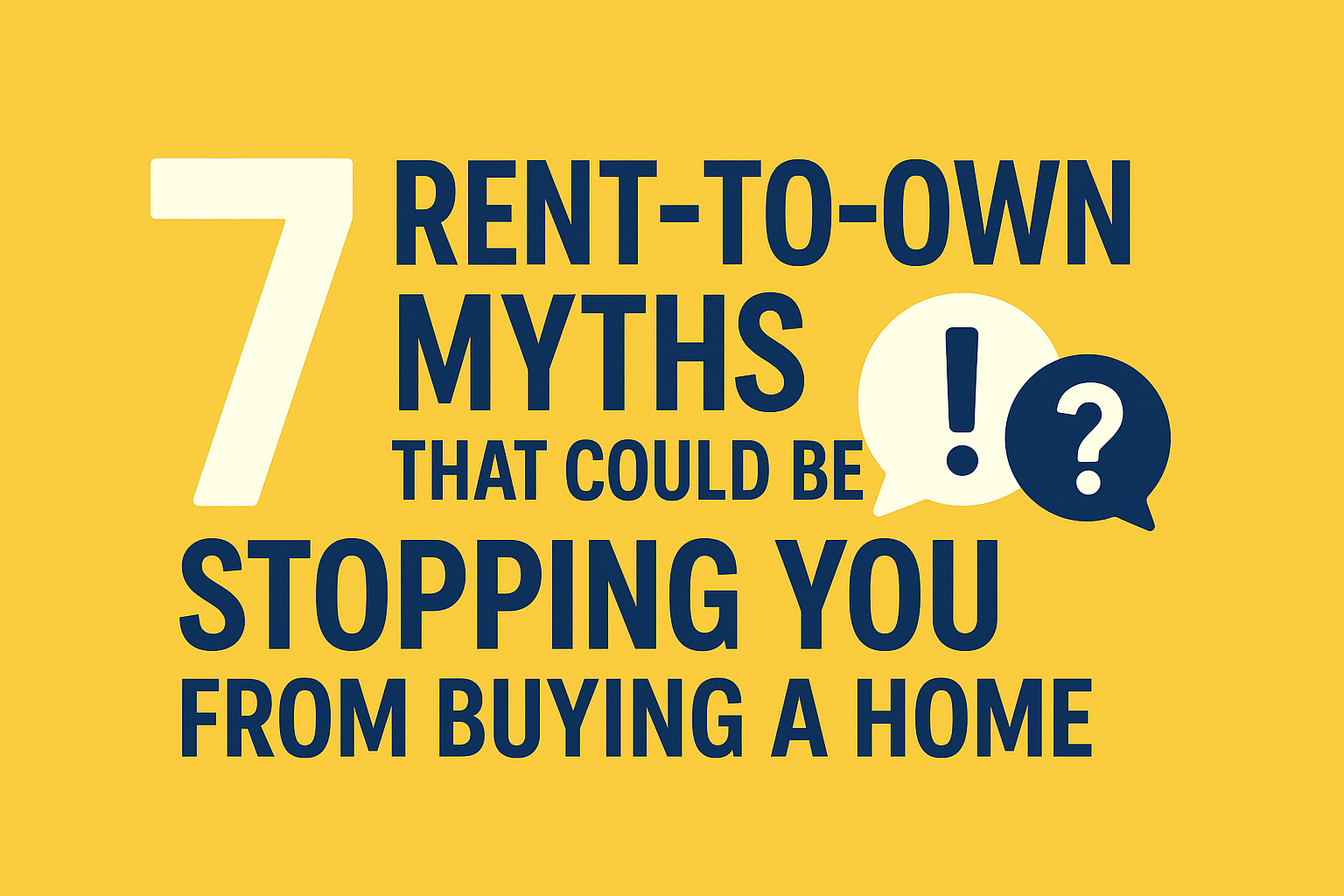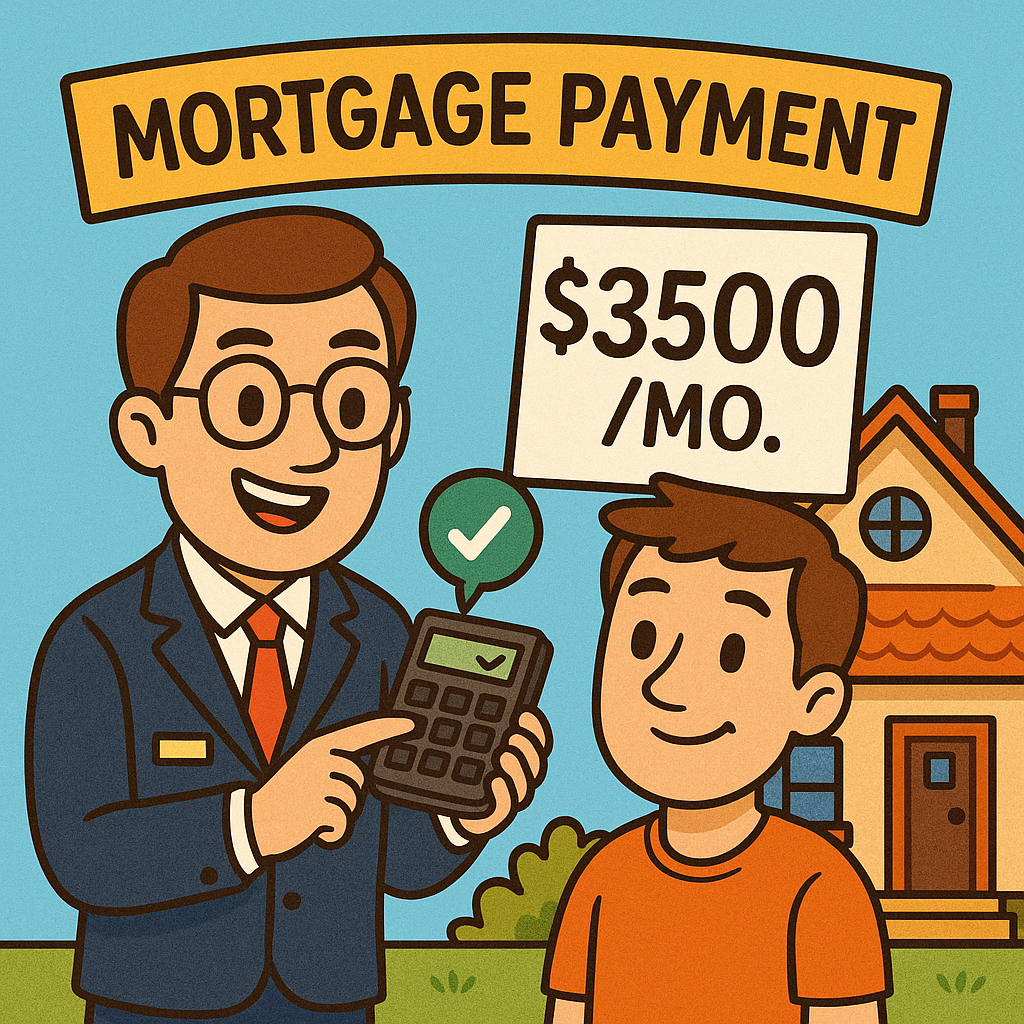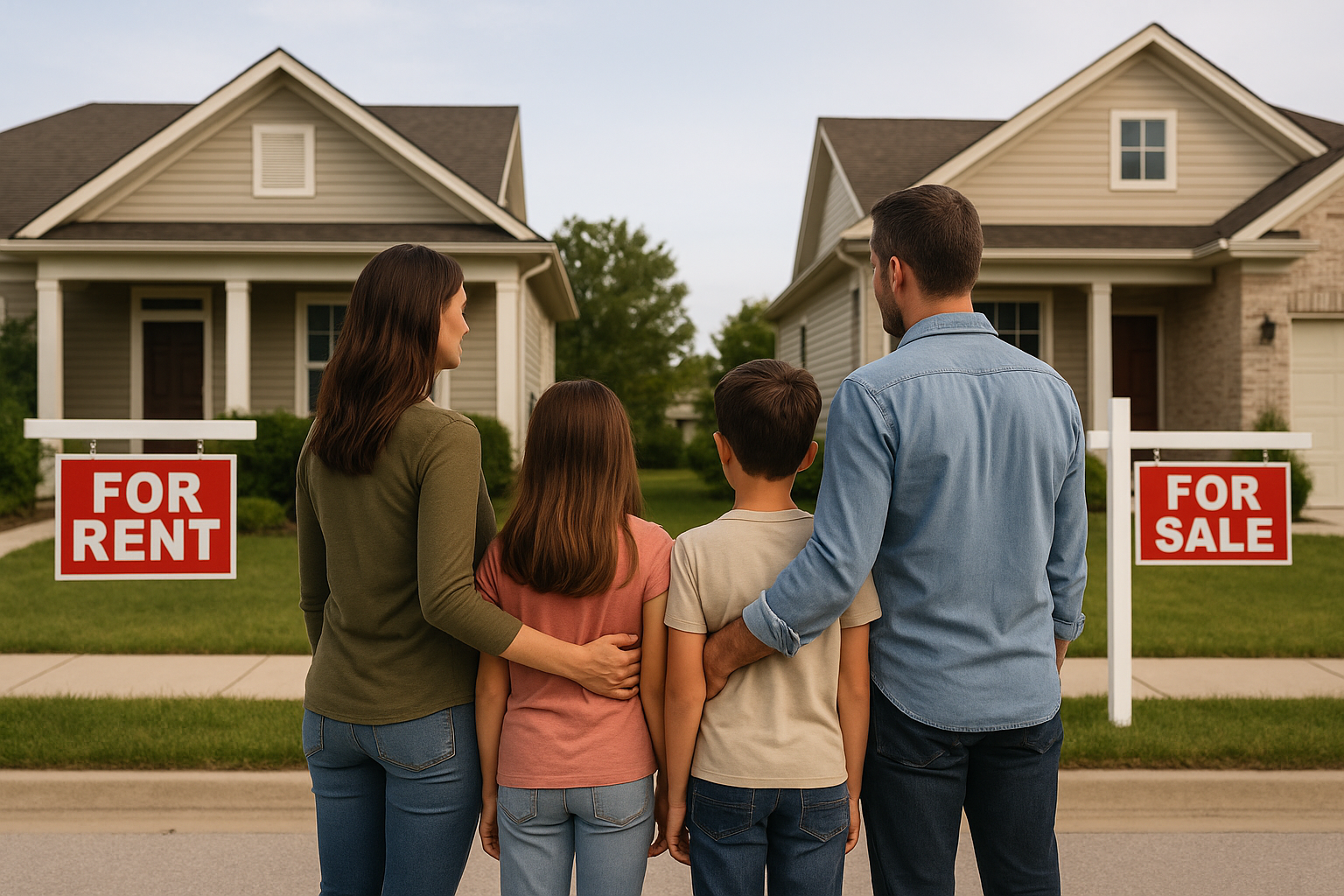What Are Closing Costs When Buying a Home in Canada?
Buying your first home in Canada? You’ve likely heard about the down payment—but what about the closing costs that come up before the keys are in your hand?
Those are called closing costs, and they can catch buyers off guard if you’re not prepared. In this post, we’ll break down what closing costs are, how much to budget, and what you can expect as a homebuyer in Canada.
✅ What Are Closing Costs?
Closing costs are the one-time fees and expenses you pay in addition to your down payment when finalizing your home purchase. These costs cover legal work, inspections, taxes, and administrative fees that make the home transfer official.
They’re called “closing” costs because they’re paid on the closing day—the day the property legally changes hands and you become the owner.
How Much Are Closing Costs in Canada?
As a general rule, closing costs in Canada range from 1.5% to 4% of the home’s purchase price.
For example:
-
On a $500,000 home, expect $7,500 to $20,000 in closing costs.
This amount depends on your location, whether you’re a first-time homebuyer, and the services you need.
Breakdown of Common Closing Costs in Canada
Here are the most common costs buyers should be prepared for:
1. Land Transfer Tax (LTT)
This is often the biggest closing cost. Most provinces charge a land transfer tax based on your home’s purchase price.
-
In Ontario, you’ll pay between 0.5%–2.5%, plus an additional municipal tax if you’re buying in Toronto.
-
In Alberta, the land transfer tax is very low (just a few hundred dollars), which is why many buyers see Alberta as more affordable.
First-time buyer rebate: Some provinces offer LTT rebates to first-time buyers. In Ontario, it’s up to $4,000.
2. Legal Fees & Disbursements
You’ll need a real estate lawyer to:
-
Review the Agreement of Purchase and Sale
-
Transfer the title
-
Handle money transfers
-
Register the mortgage
Typical cost: $1,200–$2,500 (including HST and title insurance)
3. Title Insurance
This protects you against potential issues like fraud, title defects, or unpaid property taxes from previous owners.
Typical cost: $250–$400 (often included in your legal bill)
4. Home Inspection (Optional, but not necessary in a rent-to-own exit since you would have done an inspection at the beginning of the term)
A certified home inspector will assess the condition of the home before you finalize the deal.
Typical cost: $400–$700
5. Appraisal Fee
Some lenders require an independent home appraisal to verify the property’s value.
Typical cost: $300–$500
(Some lenders cover this as part of your mortgage process.)
6. Property Tax Adjustments
If the seller has pre-paid property taxes for the year, you’ll need to reimburse them for the portion covering the time after you take ownership.
Typical cost: Varies by municipality and date of closing.
7. CMHC Insurance (If Applicable)
If your down payment is under 20%, you’ll pay mortgage default insurance. This is usually rolled into your mortgage, but PST (in Ontario, for example) must be paid in cash at closing.
Typical PST on insurance premium: ~$1,000–$3,000
Do I Need to Pay HST?
-
Resale homes: No HST
-
New builds: Yes, HST applies—but some builders include it in the price. There are also HST rebates for primary residences.
Why Buyers Get Caught Off Guard
Many buyers save up their down payment—but forget to set aside extra for closing costs.
Some banks won’t let you roll closing costs into your mortgage, so you’ll need that cash ready at closing. If you don’t have it, your purchase could fall through.
Pro Tip: Budget 2–3% Extra Just in Case
If you’re buying a $600,000 home, have an extra $12,000–$18,000 saved for closing costs. That way you’re not scrambling at the finish line.
Final Thoughts: Be Ready to Close with Confidence
Closing costs are part of the real cost of homeownership in Canada—and being prepared sets you up for a smooth experience. Whether you’re buying in Ontario, Alberta, or anywhere in between, knowing what to expect can help you feel confident and in control.







Leave A Comment